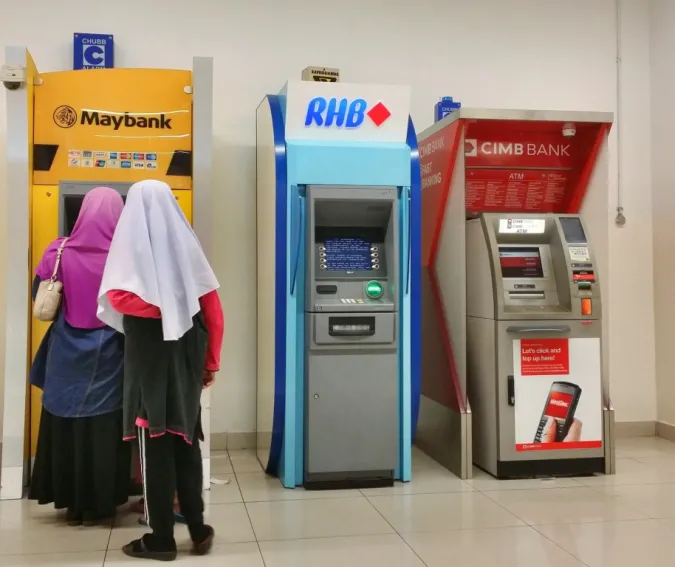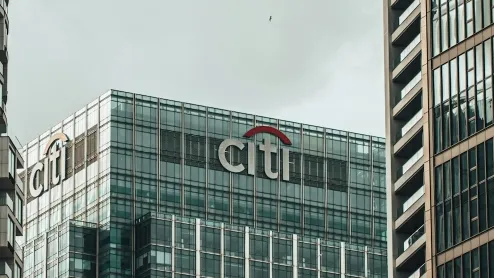
Full financial integration amongst ASEAN banks "a very distant goal": Fitch
ASEAN's lack of strong central authority is taking its toll on integration.
Member countries of the ASEAN have made slow and uneven progress toward regional banking sector integration. Further moves are likely to remain gradual, and full regional financial integration looks like a very distant goal, says Fitch Ratings.
"Lower restrictions on crossborder bank ownership would provide some undercapitalised banking systems with a wider pool of investors, and could support policymakers' efforts at sector consolidation in some countries. Foreign capital could also support growth in large markets with low but rising banking penetration, such as the Philippines and Indonesia. We would also expect increased crossborder ownership to support access to the latest risk management systems and financial technology ('fintech'), and drive governance improvements in the long term. Meanwhile, ASEAN's stronger banks would gain opportunities for expansion," says Fitch.
Here's more from Fitch Ratings:
The ASEAN banking integration framework (ABIF), endorsed in December 2014, envisions qualified ASEAN banks being eventually allowed to operate freely in the region. However, the ABIF recognises that some banking systems are more ready to open up than others, and that greater integration could allow financial risks to spill across borders if the right regulatory institutions are not in place.
The ABIF's timeline sets out that the ASEAN-5 (Indonesia, Malaysia, the Philippines, Singapore and Thailand) should each have at least one bilateral ABIF agreement in place by 2018 that allows selected banks access to each other's market, and that all ASEAN countries should have one deal near completion by 2020.
Bilateral deals have been slow to get off the ground. Malaysia and Indonesia have signed an ABIF agreement and others are being negotiated, but the bigger moves toward regional financial liberalisation well be happening outside of the ABIF framework.
Vietnam is the country most likely to open up its banking sector further in the near term. Vietnam's prime minister recently suggested that the ceiling on foreign ownership of banks will be raised this year it is currently capped at 30%.
Pressure to allow greater foreign investment stems from recapitalisation needs. Vietnamese banks' capital buffers are thin, and will come under more pressure over the next two years as Basel II is phased in.
However, it is very unlikely that limits will be raised sufficiently to allow foreign control of large stateowned banks. This will continue to act as a deterrent to some investors. It will also limit potential improvements in bank governance.
The Philippines has taken the biggest steps toward banking sector liberalisation, removing the cap on foreign ownership of banks in 2014. The larger Philippine banks have sufficient access to capital and have little immediate need to sell major stakes to foreign investors, but foreign banks have established their own subsidiaries and branches in the country. Entry by foreign banks is likely to support investment and economic growth in the near term by helping to fund muchneeded infrastructure investment.
Indonesia is pursuing bilateral ABIF deals, but it also serves as an illustration that ASEAN might not always move toward financial liberalisation. Foreign ownership of most Indonesian banks was capped at 40% in 2012. The move in part reflected political pressure for the large and growing market to be reserved for domestic banks, but Indonesian banks were also in far less need of capital than they were when the foreign ownership limit was raised to 99% in 1999.
Further moves toward financial liberalisation in ASEAN will depend on the pressures facing each system, and will be sensitive to changes in the political climate. Meanwhile, ASEAN's policy of non-interference and lack of strong central authority, as well as caution over the potential risks attached to rapid financial liberalisation, are likely to result in slow progress on the ABIF.



















 Advertise
Advertise












